20+ Years Experience
Specialist Soft Play Equipment
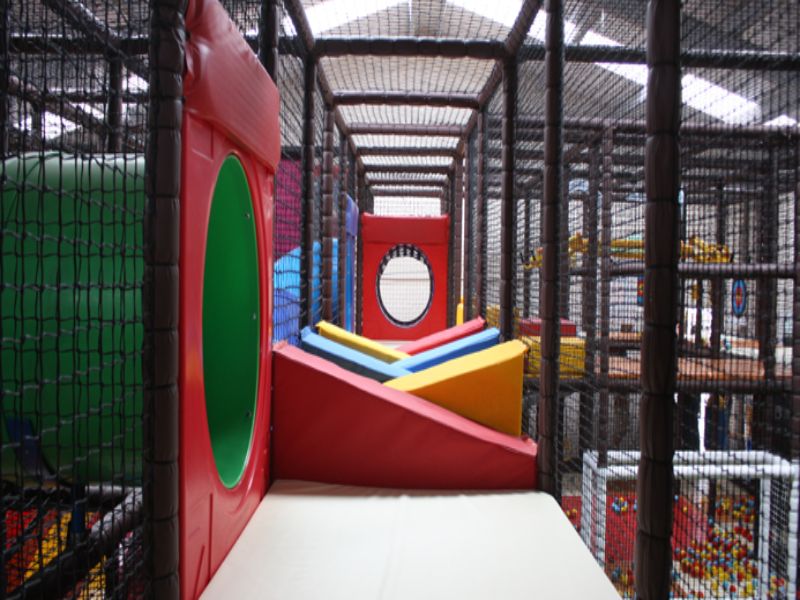
Are you looking for soft play centre cleaning?
We have a range of different services to ensure your play centre gets the perfect maintenance.
Please read on to learn more about the importance of cleaning play centres, inflatables, toys and equipment used.
With the number of children and families regularly visiting a soft play centre, it is essential that it is kept clean to avoid contamination and keep kids safe. Soft play centres can become particularly dirty in certain areas where bacteria and germs can be easily spread. From food shelves to bathrooms and soft play structures, the need for regular cleaning is vital.
The spaces in soft play centres, like any public place, are prone to containing germs and bacteria which can cause illnesses and infections. This can be especially dangerous for young children who have not yet fully developed their immune systems.
Without proper cleaning, these germs can easily spread from surface to surface and from person to person, resulting in multiple cases of illness. Therefore, for the health and safety of all customers in the soft play centre area, routine cleaning must be conducted to prevent any potential threats of transmission.
On the other hand, some may argue that cleaning too often could lead to over-sanitising, which may ultimately do more harm than good, as people’s immunity will also be weaker due to constant contact with pure disinfectants in their environment.
However, if implemented properly with considered routine cleaning strategies and practices, this should not be a risk. With minimal chemical use and appropriate consideration given towards those at risk of allergies or weakened immune systems, proper hygiene management is possible when cleaning a soft playground.
It is clear that soft play centres must remain clean in order to protect the health and safety of everyone occupying the space. In the following section, we will discuss methods which should be employed when implementing a cleaning routine at your soft play centre to ensure it meets these health and standards requirements.
It is essential to develop a cleaning routine and make sure that staff are correctly trained in the different cleaning protocols for each area of the play centre. There are many approaches to developing a successful cleaning routine. Each approach will depend on the size of the play centre, the type of area within it, and the number of visitors that come throughout the day.
With this in mind, some centres may prefer to appoint a member of staff specifically responsible for cleaning duties, while others may decide that each staff member should be given separate roles to cover all areas.
The latter option could be beneficial for small centres as it allows for more comprehensive coverage with fewer staff members. However, it does require thorough training and clear instructions for staff members on what is expected of them when it comes to cleaning.
On the other hand, appointing one member of staff solely responsible for cleaning could keep processes more organised and consistent. This staff member can work through an established list of tasks and be responsible for ensuring they are completed regularly, thus avoiding cross-contamination and other dangerous conditions that can occur if certain areas are not maintained properly.
No matter your approach, it is important that you have written instructions and cleaning schedules that are easy to understand and implement to ensure your play centre remains safe and hygienic at all times.
The use of appropriate cleaning and sanitation materials and chemicals is essential in keeping kids safe in a soft play centre. Cleaning centres should use dedicated products which are specifically designed for this purpose and are proven to be effective at destroying viruses, bacteria, and mould.
Generally, the best option for these products will be household disinfectants that have been tested and approved for childcare environment cleaning standards.
When choosing these products, it is important to ensure you get something with the right active ingredients to do the job properly. Typical ingredients include quaternary ammonium compounds (QUATs), hydrogen peroxide, chlorine bleach and alcohol solutions.
All of these might provide effective sanitization depending on their concentration levels. Additionally, oxygen-based cleaners can be less harsh on the skin than many other chemicals, but they may not stand up to heavier soil loads and require more labour.
Strong chemical odours can distress children, so when choosing cleaning materials or sanitisers pay attention to their scent as well as their effectiveness. It is always preferable to minimise the level of chemicals used whenever possible.
However,, certain levels of chemicals are necessary to keep the environment clean and safe for the children in attendance. In rare cases, even natural alternatives such as vinegar or lemon juice have been found to be suitable for some applications.
Cleaning materials need to be selected carefully due to health safety concerns. On one hand, poorly-selected materials may pose risks due to harsh residues or potent aromas left behind after cleaning; on the other hand, inadequate products may also fail to provide adequate sanitization protection.
Thus, owners of soft play centres should give strong consideration to their chosen cleaning materials and reflect on both sides of the argument before making final decisions.
With the appropriate cleaning materials selected, it is time to prepare the environment and reduce risk by taking additional steps towards safety and hygiene within your space.
Creating a safe and clean environment for children at soft play centres starts with careful preparation. By reducing potential risk factors in the environment, facilities managers can make a significant difference in creating a secure atmosphere for visitors.
One of the primary goals is to reduce any loose clothing items which can pose hazards and lead to an increased chance of injuries. Loose clothing and shoes can become entwined in the structure of the play; therefore, it is important that staff educate visitors about the dress code for soft play centres.
Easy-to-understand signs should be visibly located in order to reinforce the intention that no loose clothing items (including hoodie strings or shoelaces) are permitted on the play apparatus. Furthermore, staff should pass through the play area frequently to ensure any visitors who have not respected the dress code do not remain in the centre.
Keeping people safe and sound requires attention to a variety of other environmental factors. The temperature should be regulated appropriately so that kids aren’t too hot or cold whilst playing, while a well-stocked first aid kit is always necessary in case of injury or sickness.
Air quality needs to be monitored regularly to ensure it remains breathable and free from allergens, pollutants, and potentially contagious viruses or bacteria, especially during flu seasons.
Other measures related to health and safety include making sure electrical outlets are fully operational and not at risk of exposing players to electric shock, as well as ensuring all firearms, such as fire exits and fire extinguishers, are up-to-date and ready for use in an emergency.
It’s essential for facility managers to consider potential risks associated with soft play areas before they open for business. Taking sensible precautionary measures can help limit liability and keep kids safer than ever before. With the environment carefully prepared, it’s time to tackle the next element: cleaning the equipment.
Cleaning the soft play equipment is important in keeping kids safe. It’s important to remove dirt, dust and germs that can accumulate on the surfaces of equipment. This not only helps improve hygiene but also reduces the risk of injury as well. Clean the soft play equipment. There are a few different approaches you can take.
The most common approach is to use either a vacuum cleaner or a wet mop. Vacuuming is effective at removing dust, dirt and debris from the crevices of the equipment and can be done quickly and efficiently.
For difficult-to-remove debris and sticky substances, using a wet mop with soapy water or an all-purpose spray cleaner is recommended. Additionally, using microfiber cloths to wipe the surfaces of the equipment is a great way to combat germs and bacteria.
There are those who argue that using harsh chemicals such as bleach is necessary to sanitise equipment and prevent any kind of infection or illness from spreading among children. However, this could be dangerous if not done correctly.
Harsh chemicals may damage some surfaces and compromise the integrity of foam padding, leading to potential injury for children playing on them. Moreover, it shouldn’t be necessary to use harsh chemicals, since removing visible dirt and debris with either a vacuum cleaner or wet mop should do the trick in terms of keeping things hygienic for kids.
Ultimately, cleaning soft play equipment can help reduce both hygiene problems and potential injuries among children—making it an essential task for any facility. Managing soft play area cleaning processes should ensure that considerable time is spent getting rid of all visible dirt and debris, which will go a long way in ensuring kids’ safety during their time at your premises.
Wiping and disinfecting surfaces play an important role in maintaining a safe and healthy environment for children at a soft play centre. To ensure all areas are free of harmful bacteria, staff should regularly wipe and clean high-touch surfaces with disinfectant solutions.
Common areas that require daily sanitization include tables and chairs, door handles, stairs, railings, countertops and equipment. Additionally, any toys or surfaces which come into contact with the child’s hands should be frequently wiped down with anti-bacterial wipes or spray.
When using a cleaning product, it is valuable to understand the difference between wiping and disinfecting a surface. Wiping does not necessarily kill germs but instead clears away visible dirt by using a cloth soaked in warm water or cleaner.
Disinfecting, on the other hand, kills germs by using chemicals, such as bleach or alcohol-based products. Guidelines from health authorities recommend that staff regularly use both wiping and disinfecting cleaners when cleaning common areas of the soft play centre.
However, it is essential to use cleaners that have been approved by your local health commissioner as some products may permanently damage certain surfaces or cause adverse health effects if they are not used correctly.
It is also important to maintain good ventilation systems during cleaning processes as some cleaning products generate fumes which can be toxic if inhaled over long periods of time. Therefore, staff members should wear proper protective equipment (e.g gloves, face masks etc.), limit contact time with foul-smelling substances and open windows/doorways to keep fresh air circulating within the centre during cleaning routines.
In conclusion, wiping and disinfecting surfaces within the soft play centre is an essential measure for keeping kids safe and preventing cross-contamination of germs. By understanding the difference between wiping and disinfecting, utilising approved cleaners and following safety guidelines regarding proper ventilation, staff members can create a safe environment for children to play without fear of contracting illnesses from dirty tables or toys.
Now let’s move on to how we can improve hygiene at the soft-play centre by examining different tips…
Good hygiene practices are key to keeping soft play centres safe and healthy for children. Depending on the size and type of your centre, there will be a range of approaches to improving hygiene.
For starters, it is important to make sure all surfaces are kept clean. Regularly wipe down areas such as chairs, tables, handrails, and especially any surfaces that come into direct contact with children’s hands or skin.
Use an antibacterial cleaner for these tasks, paying special attention to door handles which can easily spread germs from one area to another. It is also wise to install regular antimicrobial treatments in the centre. A specialist provider can apply a chemical solution to inhibit the growth of harmful bacterial infections as well as an organic matter like mould and mildew.
In addition to cleaning the current surfaces, consider other methods of encouraging good hygiene, such as providing sanitiser dispensers around the play area and encouraging kids to use them regularly.
Ensure all equipment is maintained according to our soft play manufacturer’s instructions and aerate the play space often by opening doors or windows so fresh air can circulate around the area.
It is also important to provide adequate rubbish bins throughout the facility so visitors can dispose of any waste properly, as well as make sure it is emptied regularly and kept away from food areas. Lastly, always wash soft toys once they become soiled – this should occur at least once a day after closing time.
Some might argue that too many hygiene measures can take away from the fun atmosphere that soft play centres need to have in order for children to enjoy their stay. While this is definitely something worth considering, safety should always be made the top priority in these types of environments.
With that being said, it is possible to achieve both a safe environment and a fun atmosphere if you take the proper precautions.
Now that we have discussed tips for improving hygiene, let’s look at how we can prevent cross-infection in soft play centres in our next section.
Prevention of Cross-Infection is an especially important factor in keeping children safe at a Soft Play Centre. The need for rigorous cleaning routines and effective sanitary procedures cannot be overstated, as the presence of any type of infectious agent can pose serious health risks to both children and adults alike.
The most important step in preventing cross-infection is to ensure that the centre is regularly cleaned and sanitised. This includes frequent hand washing, the use of proper disinfectants, and routine mopping and vacuuming of all play areas. In addition, it is crucial to provide adequate supplies of toilet paper, wipes, and disposable gloves for guests.
It is also recommended that parents are encouraged to bring their own toys or blankets which they can supervise themselves, in order to reduce cross-contamination of equipment between multiple users.
Some people have argued that these measures may invade the privacy of guests or limit the freedom of play, yet the safety and well-being of centre visitors must take precedence. Further, it is possible for operators to find a balance by providing clear signage about sanitising protocols for visitors, offering cleaning supplies in appropriate locations, and removing unnecessary obstacles from play areas such as large furniture items which can easily become dirty or carry germs from person to person.
Finally, the conclusion of effective Soft Play Centre Cleaning involves consistently working towards preventative management strategies that uphold the highest possible standards to ensure safe playing environments.
By following these tips, everyone within the Soft Play Centre community will be assured that their health and safety needs are not just respected but also addressed through correct hygiene practices.
Soft play centres are popular places for children and parents alike, but unfortunately, germs and dirt can be left behind by the children. As a soft play centre operator, it is essential to ensure that your facility is clean and hygienic at all times for the safety of all its users. By following a few simple steps and guidelines, operators can guarantee that their facilities are clean and safe for the children.
The first step in effective soft play centre cleaning is to limit overcrowding. This will reduce the number of people coming in contact with surfaces, as well as reduce the amount of dirt and bacteria that could otherwise spread around space. Providing adequate hand-washing facilities for users will also help to control disease outbreaks.
It is also essential to ensure that all surfaces are cleaned regularly with approved products before and after each session. Additionally, dirty equipment should be replaced immediately after use and further disinfected accordingly.
Furthermore, hygiene staff need to be educated on proper cleaning techniques around soft play centre equipment. This can include regular wiping down of walls, furniture and equipment as well as floor surfaces before and after each session.
Finally, implementing a comprehensive deep cleaning schedule is necessary for long-term maintenance and sanitation. This may involve sanitising floors more frequently in areas where children are likely to crawl or sit (e.g., corners or play structures), or pressure washing larger surfaces like walls or ceilings.
Overall, it’s important to consider both sides of the debate when it comes to effective soft play centre cleaning. While some might argue that going beyond the minimum cleaning requirements could adversely affect customer experience due to time constraints or an overwhelming odour from disinfectants.
The cleaning processes used for different parts of a soft play centre depend on the type of surface and materials present. For example, hard surfaces such as floors, walls, and furniture should all be cleaned with an appropriate cleaning solution, while soft items like toys and cushions should be wiped down with a damp cloth or steam-cleaned.
Areas that are high traffic and come into contact with food and drinks, such as seats and tables, should be given extra attention to ensure proper hygiene. Finally, any areas where spills occur should be thoroughly sanitised or disinfected to keep kids safe.
It’s important to clean a soft play centre regularly and thoroughly in order to keep kids safe. The frequency of cleaning should be based on the amount of use the centre gets as well as any local health regulations.
At a minimum, you should be sanitising surfaces after every session and performing a deep clean at least once a week. In addition, consider inspecting areas such as air vents and railings for dust build-up between deep cleans.
Furthermore, ensure that all staff are properly trained on using appropriate cleaning products and methods, and any harmful substances are safely disposed of. Finally, it’s essential to schedule regular pest control services to ensure a bug-free environment for kids to enjoy.
Yes, there are certain safety guidelines that you should follow when cleaning a soft play centre. First and foremost, make sure to use non-toxic cleaning products and take appropriate precautions, such as wearing gloves and a face mask to protect yourself from exposure to any chemicals.
Additionally, if the centre has any water features or areas with high foot traffic, make sure to clean these with special attention as they can become breeding grounds for bacteria or mould.
Finally, remember to keep all areas clean, especially around slides and swings, since children are prone to putting their hands in their mouths or on their faces while playing. By following these safety guidelines, you can ensure that the soft play centre is safe and enjoyable for everyone.
Yes, absolutely. Some of the areas that require extra attention when it comes to cleaning a soft play centre are the floors, walls and surfaces, any cracks and crevices, and nooks and crannies. Paying special attention to these areas can help prevent the build-up of dirt, germs, and allergens, which can be particularly harmful for children.
Floors should be mopped regularly to eliminate dirt, dust, and harmful bacteria which can easily attach themselves to shoes, toys or hands. Regularly wiping down walls will also help reduce any allergens which may have built up in hard-to-reach areas.
Finally paying special attention to cracks and crevices will help prevent the build-up of debris, food particles or bacteria. Following these tips will ensure your soft play centre is always sanitary and safe for the children that visit.
When cleaning a soft play centre, it is important to be aware of the materials and tools you will need in order to keep kids safe. To ensure every area of the play centre is properly sanitised, it is best to have the following items:
• Disinfectant cleaner: This is essential for wiping down hard surfaces, such as tables and chairs, as well as soft furnishings like sofas and mats. Make sure that any cleaner used is non-toxic and safe around children.
• Microfiber cloths or sponges: Microfiber cloths and sponges help remove dirt and bacteria from surfaces, including toys or games. It’s important to use a dry cloth first then a damp one after, as using a wet cloth on its own can spread bacteria.
• Vacuum cleaner: A vacuum cleaner with a HEPA philtre will help pick up dirt embedded in carpets or rugs. It’s also important that there are no plastic bags inside the machine and to clean the philtre regularly.
• Mop: A mop and bucket should be used to wash hard floor surfaces in order to get rid of dirt and any potential infections. Use a separate bucket for each type of solution used to avoid cross-contamination.
• Protective clothing: In order to be safe when working with powerful cleaning agents or chemicals, always wear protective gloves, face masks, and clothing when doing any type of cleaning procedure.
By following these tips, you can rest assured that your soft play centre will be properly cleaned with safety at the forefront.
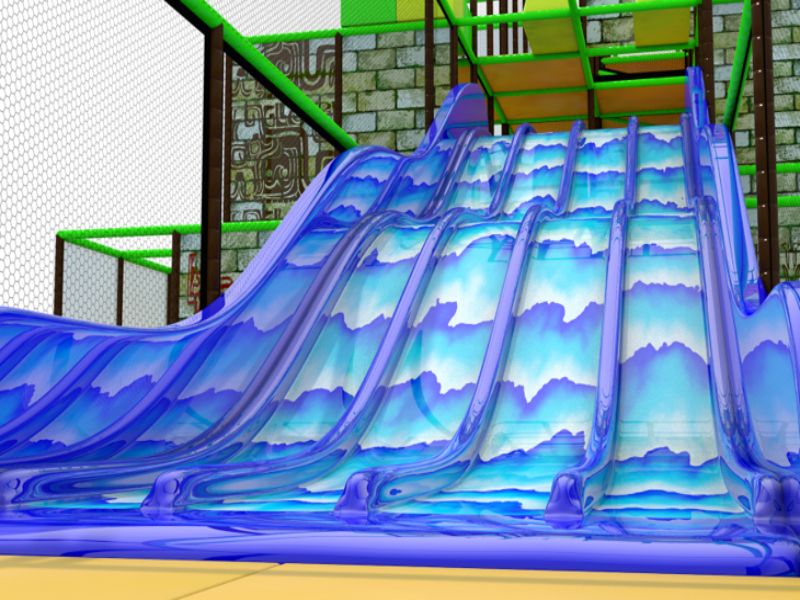
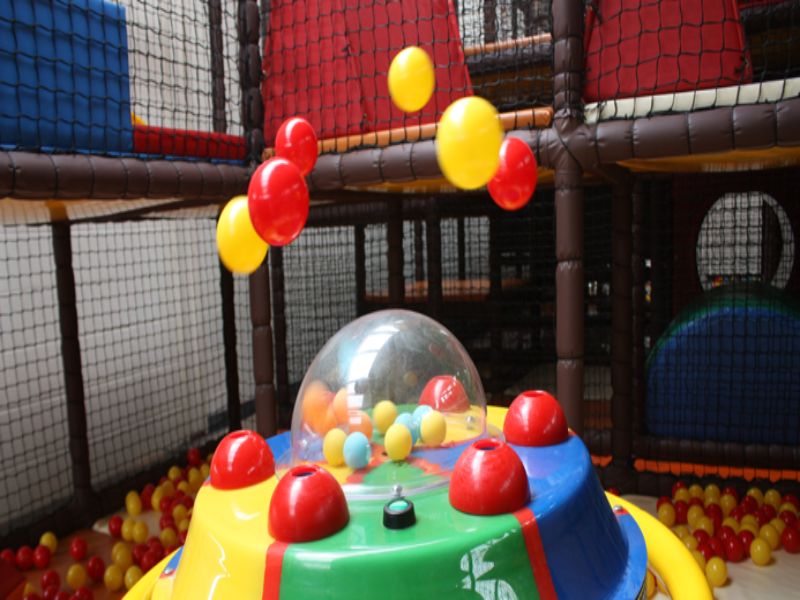
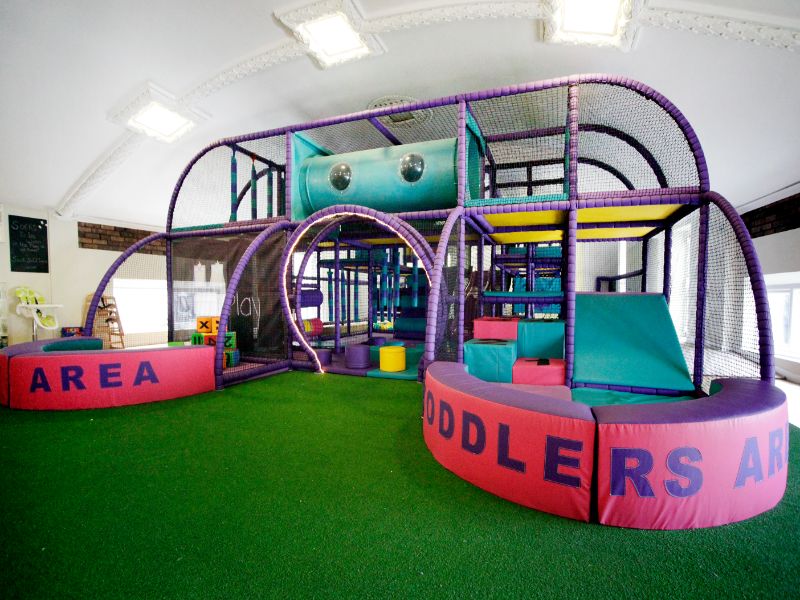

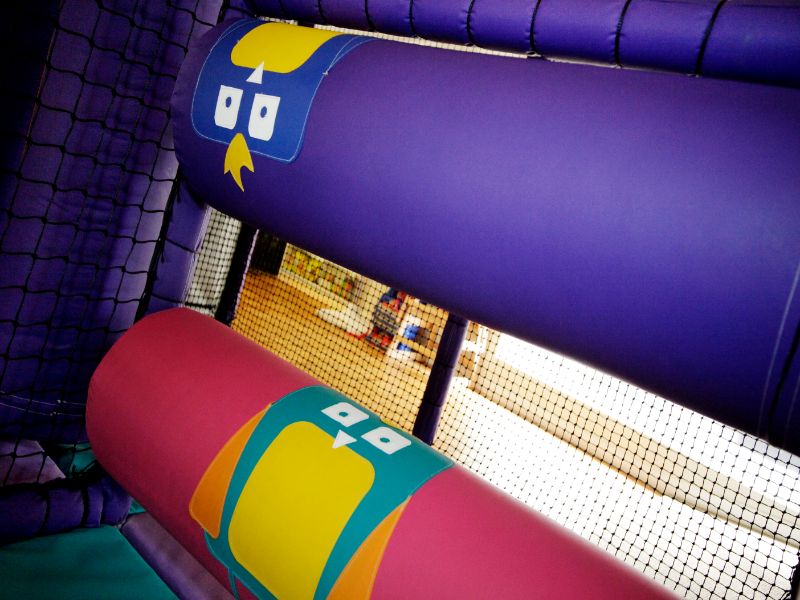
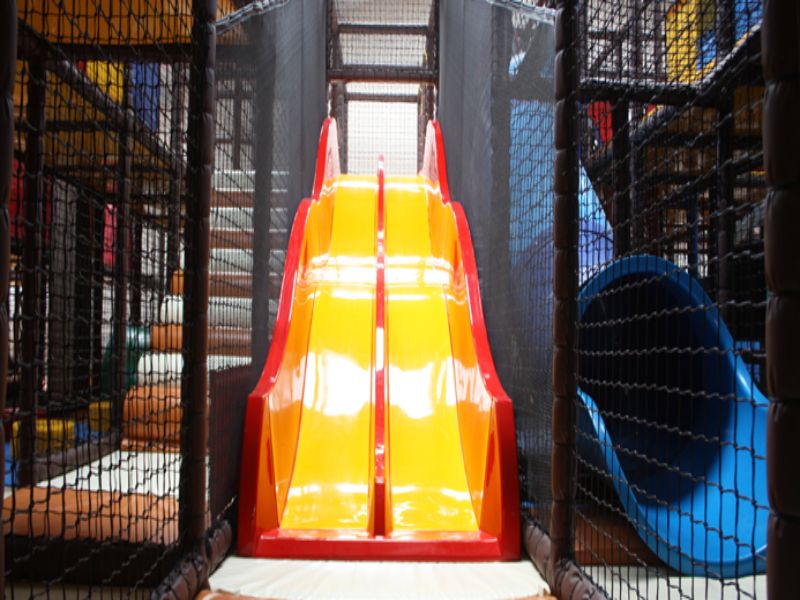

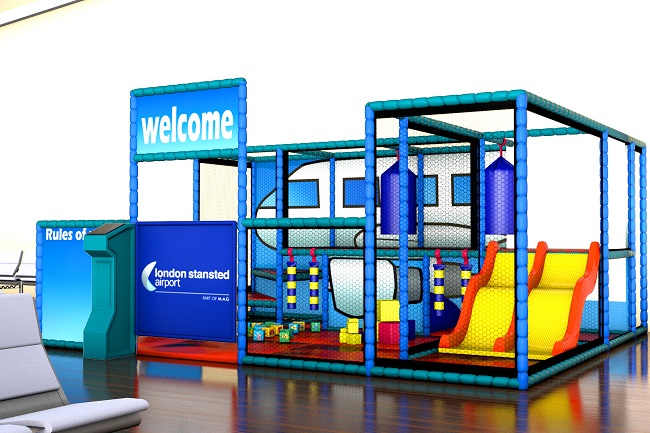

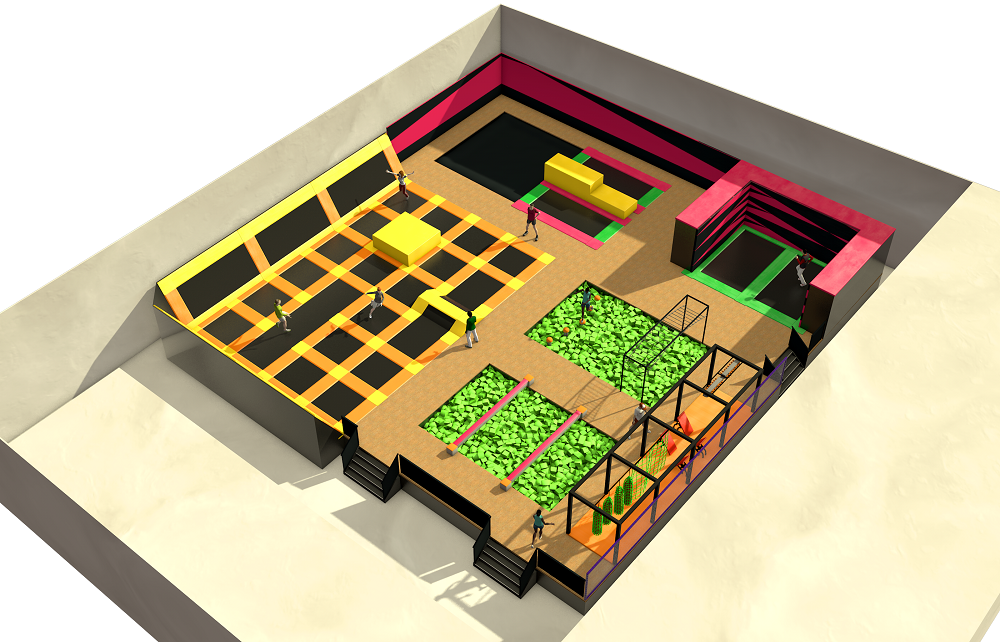
Our team provide a number of soft play services ranging from design to manufacturing and installation. Have a look at the list below for more information:










We Aim To Reply To All Enquiries With-in 24-Hours